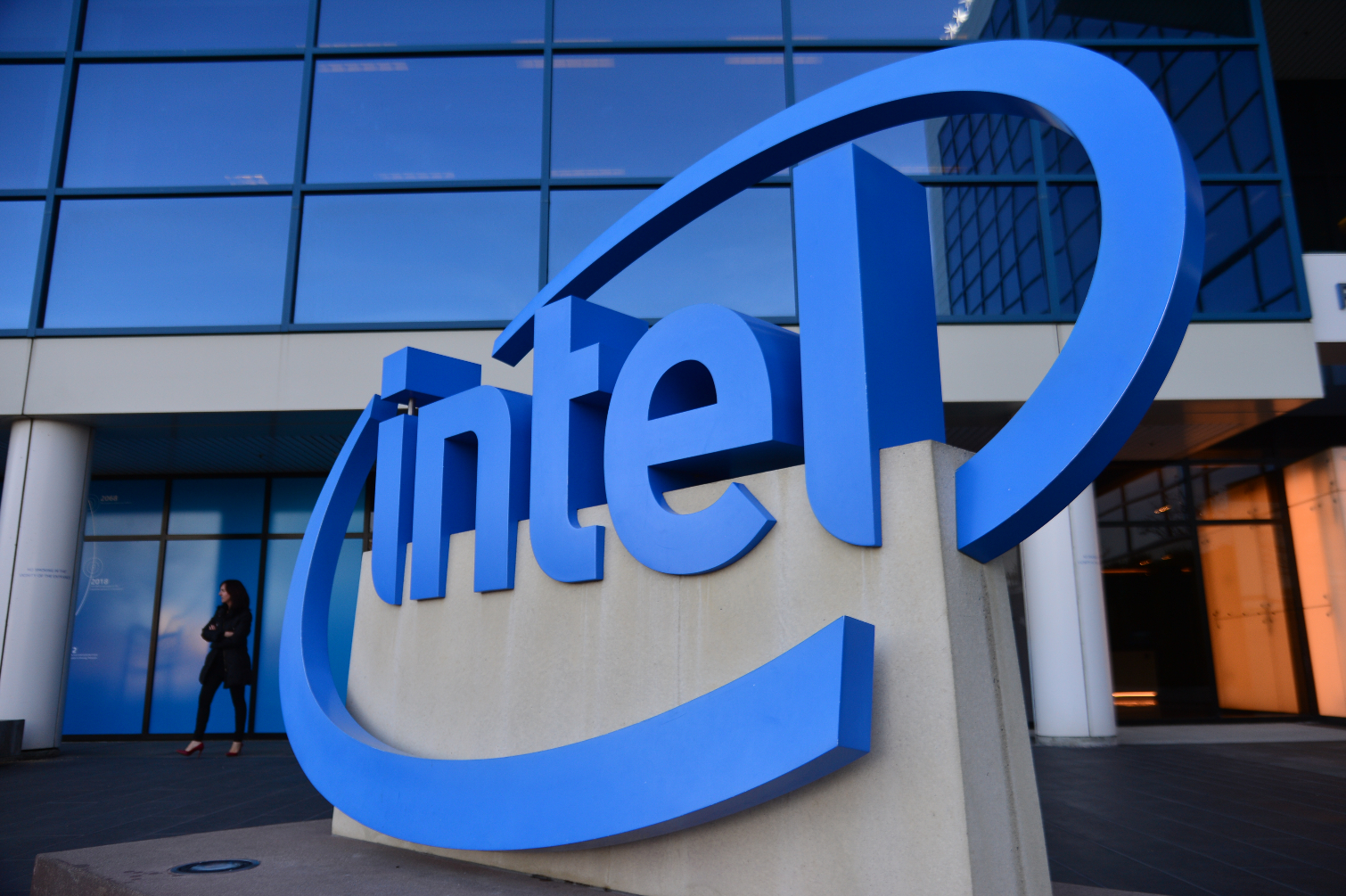Intel Starts Exclusive Talks with Bidder in Patent Auction
In an email to interested parties of Intel’s patent sale, on Tuesday the company notified that it had entered a period of exclusivity with a potential, unnamed buyer, just weeks after the company put a part of its mobile patent portfolio up for sale. Although the deal could still swing another way, it indicates that there was strong interest in the portfolio.
Just over two weeks ago, news broke out that Intel was auctioning around 8,200 patent assets related to its mobile wireless connectivity portfolio including 3G, 4G, and 5G. At the time, the company expected to receive non-binding indications of interest by early August.
It seems the process has gone quite smooth for the Santa Clara company. On Tuesday Intel pulled its patents off the market, IAM reported, meaning that for the time being, Intel won’t engage further with other potential bidders. That was made known in an email to interested parties by James Kovacs, director of the company’s licensing trademarks and standards group.
He wrote that there is “very strong market interest,” and leaves open the option to re-open the auction, probably if the deal with the current buyer falls apart. It not known who the interested bidder Intel is now exclusively engaged with is, but the most obvious choice would be Apple, which is rumored to have long-term plans to develop its own modem.
IAM notes that the auction was shaping up to be the biggest since Nortel in 2011. And although it has been just weeks Intel put its patents on the market, IAM’s sources stated that there had been delays for potential bidders in getting access to Intel’s data room for the sale, which was set to go live at the beginning of this month. IAM speculates Intel might have already been in talks with one buyer, with the public auction serving to get a firm offer.
Get Tom's Hardware's best news and in-depth reviews, straight to your inbox.
-
velocityg4 I'd be surprised if it was anybody other than Apple.Reply
Who else could outbid Apple?
They could pay cash for the portfolio.
They could also guarantee another x number of years of Intel CPU exclusivity in Macs.
They already develop their own mobile CPU, T2 chip and other proprietary parts.
They've had a long standing and bitter dispute with Qualcomm and only went back from lack of 5G choice
They have a premium sales volume sufficient to justify the cost of developing their own chip
